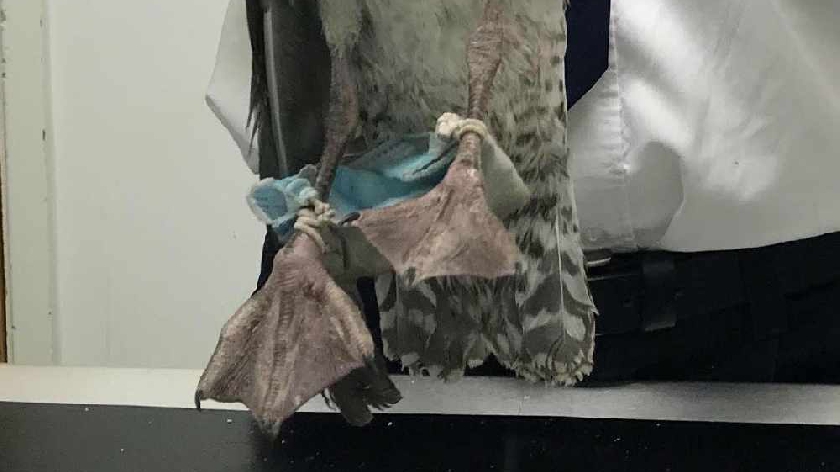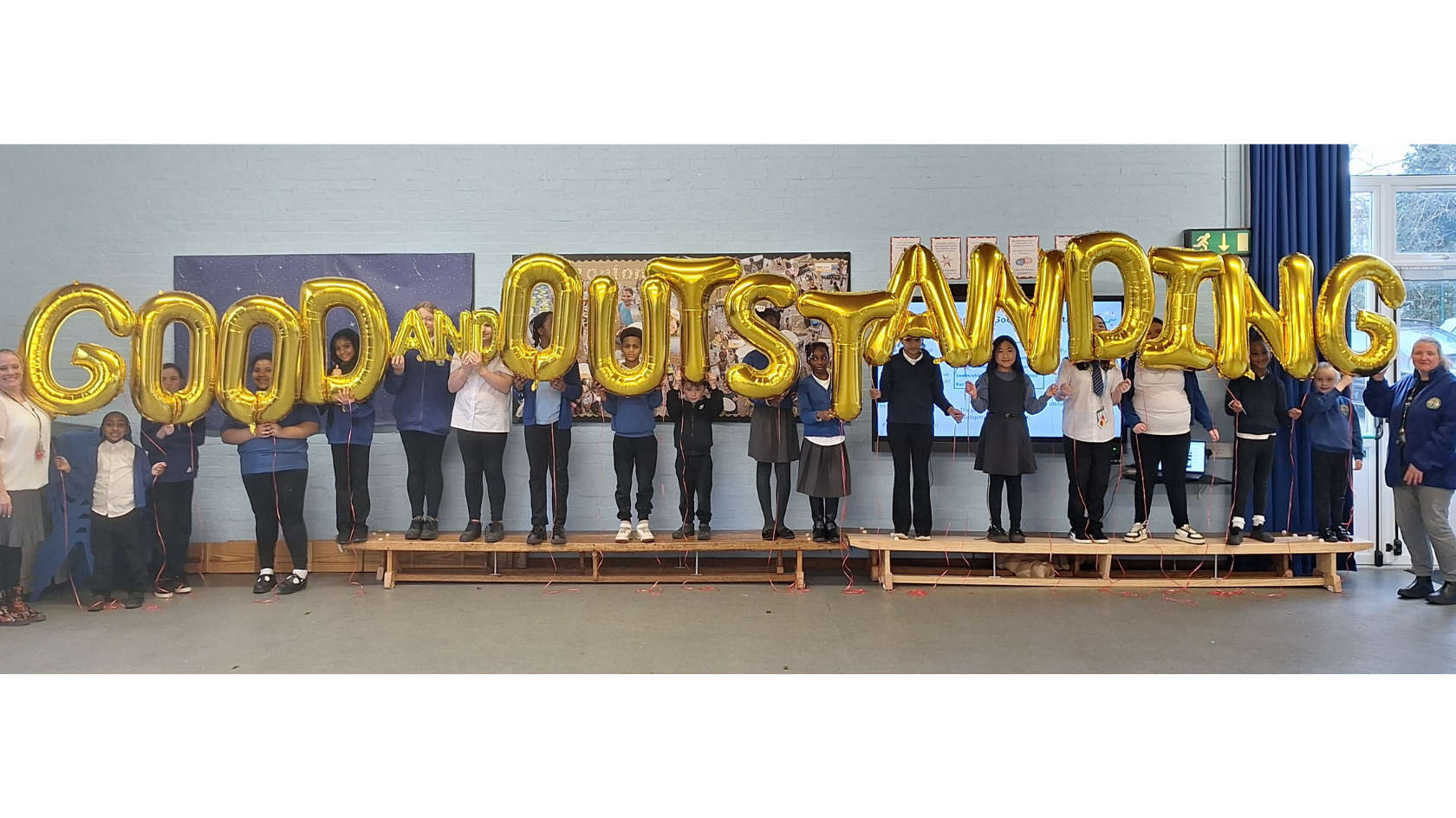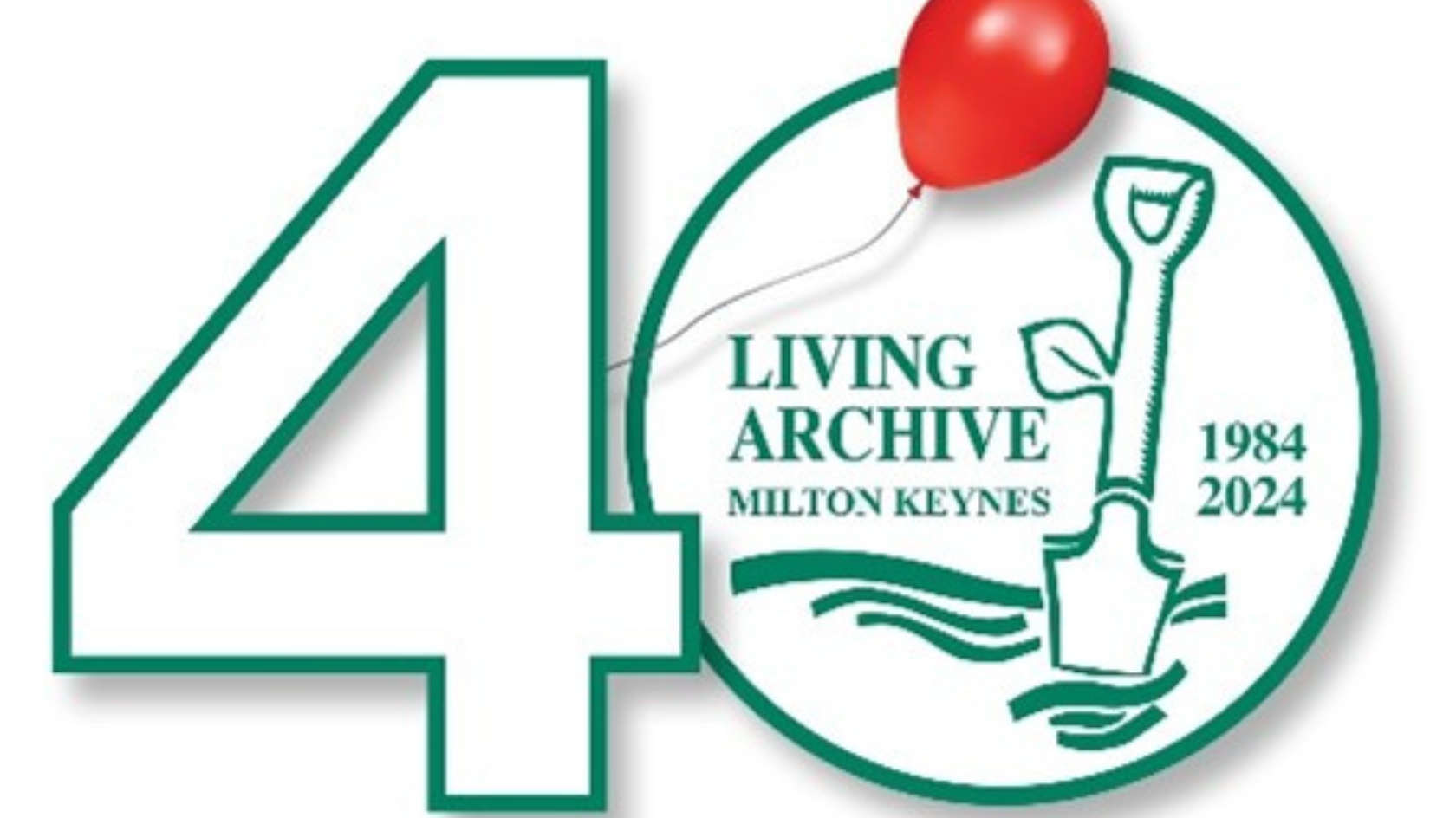
People in Milton Keynes are being encouraged to cut the straps off used face masks before disposing of them as they pose a major danger to local wildlife.
This comes as the Great British September Clean kicks off across the country, with the RSPCA reporting they have dealt with over 900 incidents of animals getting trapped in litter since the start of lockdown.
Dumped face masks have become a new hazard to wildlife since the pandemic started and the animal charity has received reports of animals tangled in the ear straps of single-use masks since it became law for the public to wear them in shops. One such incident includes a gull who was found to have a face mask tightly round his legs in Chelmsford, Essex.
Despite the face mask causing swelling to his legs, the bird has now fully recovered - but it is just one example as to how dangerous face masks can be to animals.
It is not yet known whether any animals in Milton Keynes have been caught in the straps of face masks. However, with more masks being spotted on the floor across the area, they are a concern just like all other litter.
Since lockdown started on 23 March, the RSPCA has dealt with 938* incidents of animals caught in litter, including tin cans, elastic bands and plastic bottles. 15 incidents have been dealt with in Buckinghamshire.
Chris Sherwood, the RSPCA’s CEO, said: “For many years the public have been aware of the message to cut up plastic six-pack rings before throwing them away to stop animals getting tangled in them, and now we are keen to get out the message that the same should be done for face masks too - as very sadly, animals are susceptible to getting tangled up in them.
“Now that face masks are the norm, and may be for some time to come, this message is more important than ever as thousands of these masks are being thrown away every day. We’re concerned discarded face masks could become a significant hazard, particularly to wild animals and birds.
“Our RSPCA officers have had to rescue animals from getting tangled in face masks and we expect that this may go up as time goes on, so the best thing to do is to simply cut the elastic ear straps in half before throwing it away.”
The Parks Trust has also urged residents in Milton Keynes to throw away their litter properly, or take it home if the public bins are full. This is due to the fact it can drain the charity's resources but also pose a major threat to wildlife.
Animals may climb inside discarded bottles and become trapped or may become caught up in items like plastic multi-pack rings and plastic carrier bags, often with fatal results.
Most cases of litter affecting animals are preventable if rubbish is disposed of properly and responsibly.
The RSPCA’s top tips to protect wildlife from litter:
- Recycle and reuse as much as possible - and put everything else in the bin;
- Cut the loop handles of plastic carrier bags before recycling to prevent animals being tangled;
- Cut plastic can holders and elastic bands so animals can’t get caught up;
- Cut up balloons before putting them in the bin;
- Cut up disposable gloves and snip the straps on face masks to prevent animals getting tangled;
- Clean and empty containers after use and pinch cans shut or cut containers in half before recycling.















